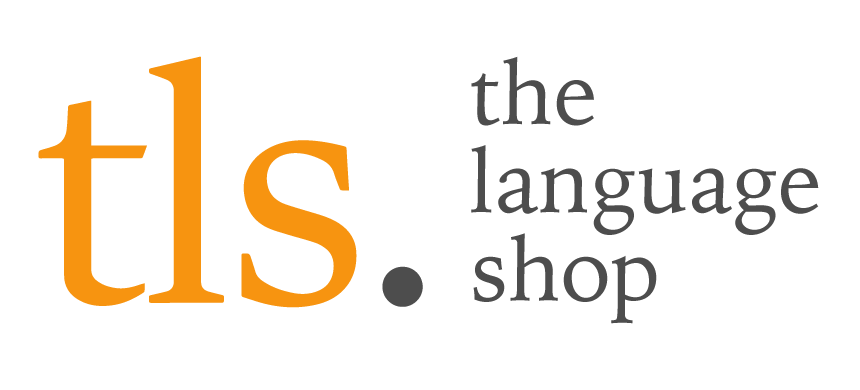Best practice guide to interpreting for refugees and asylum seekers
Providing communication support for refugees and asylum seekers comes with its own unique challenges and needs extra care and preparation. Most people will not flee their home country without having faced significant adversity there and may come to you in a traumatised state.
At TLS, we supply interpreters who are trained and experienced to handle these interactions in a sensitive and appropriate way. They will approach emotional and difficult conversations with professionalism and care. They will communicate but not advocate.
You can play a part in making sure you support your service users who are refugees or asylum seekers. Here are some tips around communication support:
- If you can, find out before making the booking whether your service user would prefer an interpreter of a particular gender and political or cultural background. For example, it may not be appropriate to use an interpreter who is from an ethnic group that has been involved in violence or oppression in the service user’s country of origin.
- Refugees and asylum seekers may not know they can request language support. Posters in reception areas can help raise awareness, especially if they are displayed in a variety of languages. Speak to us if you need one of these.
- Ensure reception staff know how to book an interpreter and offer this option proactively. Keeping a language ID chart at reception can help staff identify what language a patient speaks.
- Be aware that, as with any potentially traumatised service user, you may need to take the conversation slowly. If the conversation is face to face, position yourself in a way that does not intimidate or make the service user uncomfortable. A triangular seating arrangement is usually best, but the UN Refugee Agency recommends that interpreters sit slightly closer to child service users than they do the client, so as not to inadvertently take a position of authority.
- As always, use professional language interpreters. It may be harder to persuade people coming from countries where they were persecuted by authorities not to use friends or relatives, but it is always best. Take the time to explain why and please do ask us for any support with this that you may need.
Talk to us if you would like to know more about how we support refugees and asylum seekers in our bookings, either by speaking to your account manager or calling 020 3373 4000.

